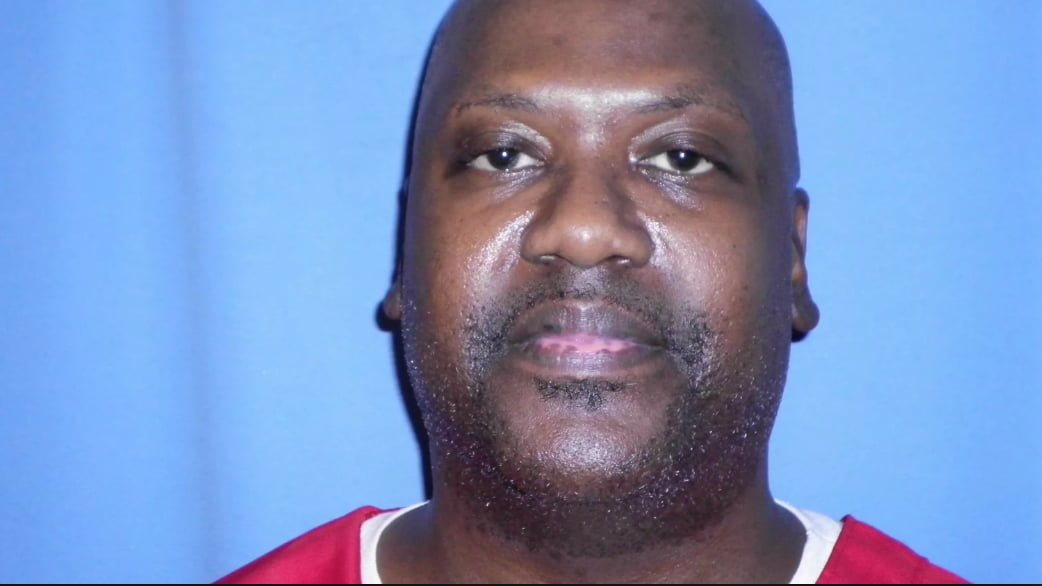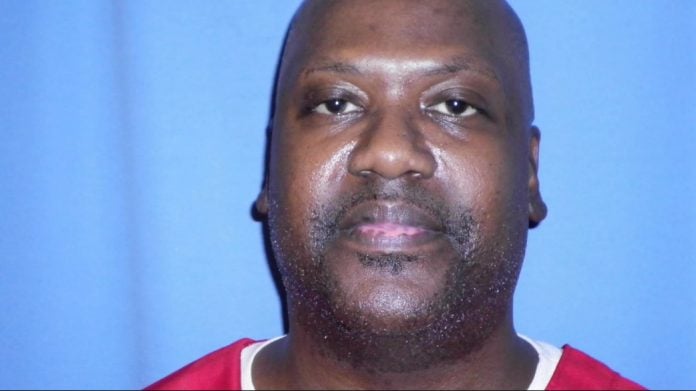[ad_1]
Death row inmate Curtis Flowers has scored a legal victory, as he will have his day in the nation’s highest court.
The U.S. Supreme Court has agreed to hear Flowers’ latest appeal of his 2010 conviction for the quadruple murders at Tardy Furniture in Winona, Mississippi, 22 years ago.
After six trials, Flowers was convicted of the July 16, 1996 killings of Tardy Furniture owner Bertha Tardy, 59, and three employees, Carmen Rigby, 45, Robert Golden, 42, and Derrick Stewart, 16- but his lawyers and supporters have raised questions about his guilt.
As reported by usatoday.com, authorities quickly settled on Flowers as their prime suspect but didn’t arrest him until seven months later. He has remained behind bars ever since.
Flowers’ filed a petition for writ of certiorari in June, and the court has agreed to review whether District Attorney Doug Evans‘ history of “adjudicated purposeful race discrimination” should be considered when reviewing how he dismissed Black jurors in the Flowers case.
READ MORE: Andrew Gillum suspends campaign for Governor after 2 killed in Tallahassee shooting
An APM Reports data analysis of the jury selection in 225 trials from 1992 through 2017 found that Evans’ office struck 50 percent of the eligible Black jurors and 11 percent of White jurors.
The 1986 Batson v. Kentucky case bars prosecutors from dismissing potential jurors because of race.
In interviews with APM Reports, White jurors in the Flowers case said they were more likely to trust and believe the police and several found testimony by Black witnesses for the prosecution credible and convincing.
“I wish I could remember what some Black woman said on the stand, but I was really kind of surprised when she was on the stand and said that as far as she was concerned, he was guilty,” said Gay Evaldi, a White juror from the third trial. “But there were a lot of Blacks that said what they saw, and it kind of helped tell you that he was guilty.”
The two times Flowers faced a jury with more than one African-American, they deadlocked. In the four trials with an all-white jury, he was convicted. Now the U.S. Supreme Court, which agrees to review just over 1 percent of cases filed, will rule on whether the conviction should be upheld or overturned.
“I am very excited for Curtis and for what I hope this will mean for both his case and for eliminating racial discrimination in jury selection,” said Alison Steiner, one of Flowers’ attorneys. “I like to think that the United States Supreme Court is still very interested in making sure that the justice system operates fairly and is not, in my view, poisoned by racial discrimination. So this affects more than just Curtis.”
Flowers’ attorneys expect the case to be heard before June.
[ad_2]
Source link


